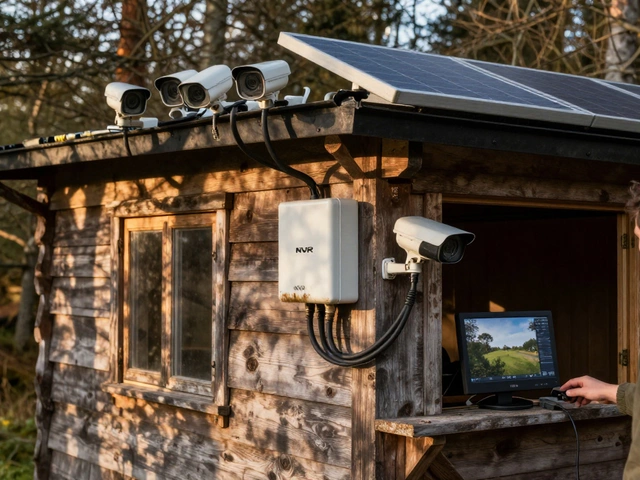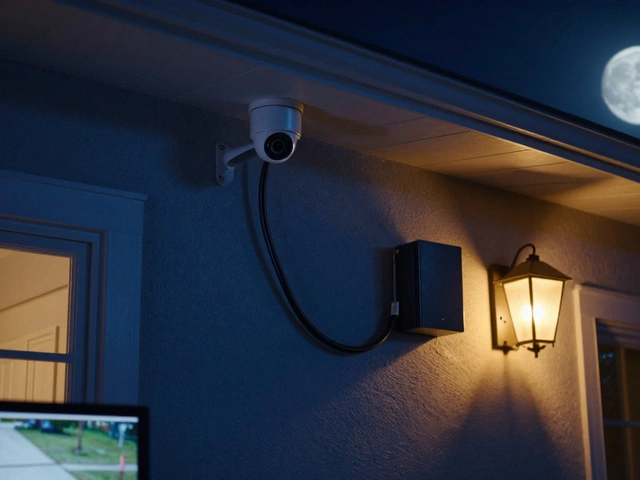Cyber Protection Basics: Simple Steps to Secure Your Digital Life
Feel like the internet is a wild west where anyone can snoop on your info? You’re not alone. Every day we share passwords, shop online, and stream movies, and a single weak link can let the wrong people in. The good news is you don’t need a tech degree to protect yourself. Below are everyday actions that make a big difference.
Why Cyber Protection Matters
Imagine your bank account, family photos, and work emails all stored on one device. If a cyber‑criminal gets hold of that device, they can steal money, blackmail you, or ruin your reputation. In the UK, ransomware attacks on small businesses rose by 30% last year, and home users aren’t immune. Even a simple phishing email can hand over your login details if you click the wrong link. That’s why a solid cyber protection routine is essential – it stops problems before they start.
Easy Ways to Boost Your Online Security
1. Use strong, unique passwords. Forget "password123". Combine uppercase, lowercase, numbers, and symbols, and make each account its own password. A password manager can store them safely, so you only need to remember one master password.
2. Enable two‑factor authentication (2FA). Whenever a service offers 2FA, turn it on. A code sent to your phone or generated by an app adds a second barrier that thieves can’t guess.
3. Keep software up to date. Your phone, laptop, and router get regular updates that patch security holes. Turn on automatic updates whenever possible – it’s a set‑and‑forget safety net.
4. Beware of phishing scams. Look for spelling errors, mismatched URLs, or urgent language that pressures you to act fast. If something feels off, hover over links to see the real address, or call the company directly using a known number.
5. Secure your Wi‑Fi network. Change the default router password, use WPA3 or at least WPA2 encryption, and give your network a unique name. Hide the SSID if you want an extra layer of obscurity.
6. Backup your data regularly. Use an external hard drive or a reputable cloud service to store copies of important files. If ransomware hits, you can restore from a clean backup without paying a ransom.
7. Install a reputable antivirus. A good security suite will scan for malware, block suspicious websites, and alert you to risky behavior. Many options are lightweight and work well on Windows, macOS, and mobile devices.
8. Limit app permissions. Only grant apps the access they truly need. A game doesn’t need to read your contacts, and a weather app doesn’t need your microphone.
By adding these habits to your daily routine, you create a strong defense without spending hours learning complex tech. The key is consistency – a few minutes each week can keep your digital life safe for years.
Cyber threats will keep evolving, but your basic protections don’t have to. Stay curious, keep your software fresh, and remember that a small effort now saves a lot of trouble later.






